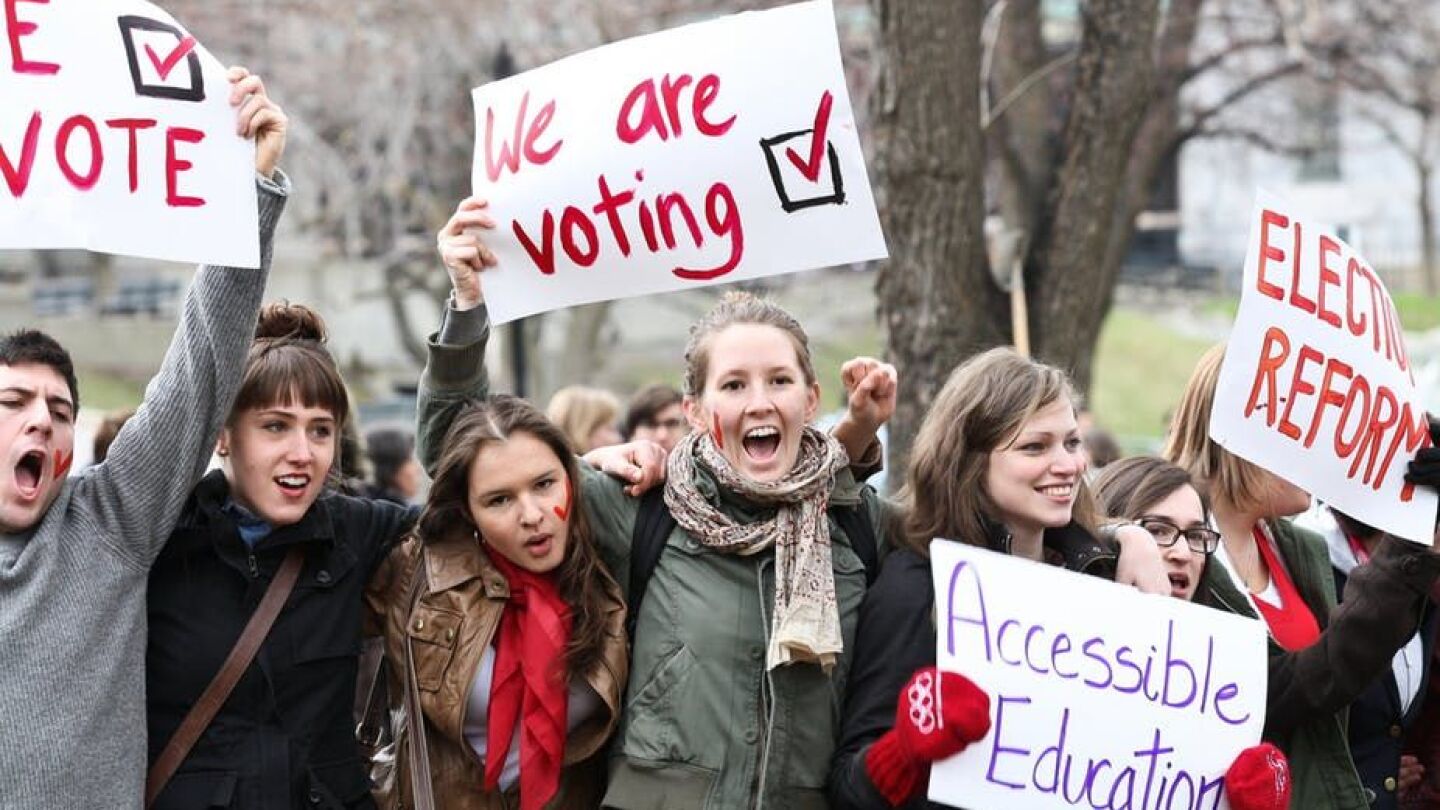Community Engagement
Community Engagement is essential for local and state government agencies aiming to build trust, encourage public participation, and ensure that policies reflect residents’ needs and concerns. Governments can foster stronger connections with their communities through outreach programs, public forums, and collaborative decision-making. This directory offers articles on community engagement and related topics like Community Development, which focuses on improving the overall well-being and sustainability of communities through targeted initiatives.
Respondents report a “death drop” in constituent engagement on Twitter/X while also reporting that Facebook continues to reign supreme
A fleet of Tesla Cybertrucks, drone-assisted policing and a wellness bureau for officers will support LVMPD’s efforts to improve safety and efficiency, the department said
What does it take to become a highly effective city clerk? Get the advice from former Des Plaines, Ill., City Clerk Gloria Ludwig
Police are arresting and citing business owners for violating orders shuttering all nonessential businesses
The money could be used for a variety of measures intended to make voting safer during the outbreak, including expanding mail-in voting.
As the medical community adjusts to keep up with the pace of the COVID-19 pandemic, healthcare professionals are receiving PPE donations from surprising places
All field operations are suspended through early April, but responses can still be submitted online.
Many 211 centers are now working with state and local health officials to provide vital COVID-19 information to the public
Officials in Arizona, Florida and Illinois felt they had done enough to ensure the safety of voters, even as concerns mounted that there will not be enough poll workers in some precincts.
Because of the new health threat, training for census recruits includes advice about hand washing, using sanitizer and other strategies recommended by health officials.
Effective crisis communication strategies share these common features.
Moving the polling places may be the right public health move, but it creates challenges for election administrators.
The Athens-Clarke County Board of Elections chose not to use the state’s new — and expensive — touchscreen voting machines, citing concerns about ballot privacy.
Here’s what you need to know
“I think the biggest threat to America’s elections is not letting people vote, and I think we saw a little of that challenge today,” Mayor Quinton Lucas said
In 2016, about four in 10 people reportedly did not vote. Here are some of the reasons why
Some of the most popular ballot-marking machines register votes in bar codes that the human eye cannot decipher; that’s a problem, researchers say
Every Wake County high school has a voter registration coordinator and conducts at least one voter registration drive each year.
“This is probably the best way that we can defend our database,” said Secretary of State Scott Schwab.
MOST POPULAR
- How Witch City teaches its dark history at Halloween
- Worried that remote access can lead to increased cybersecurity vulnerabilities?
- The big picture: FEMA, DOGE and your local fire department
- Conn. governor signs law creating fund to aid families of fallen officers
- NLC awards rapid grants to 12 cities to boost economic mobility




















